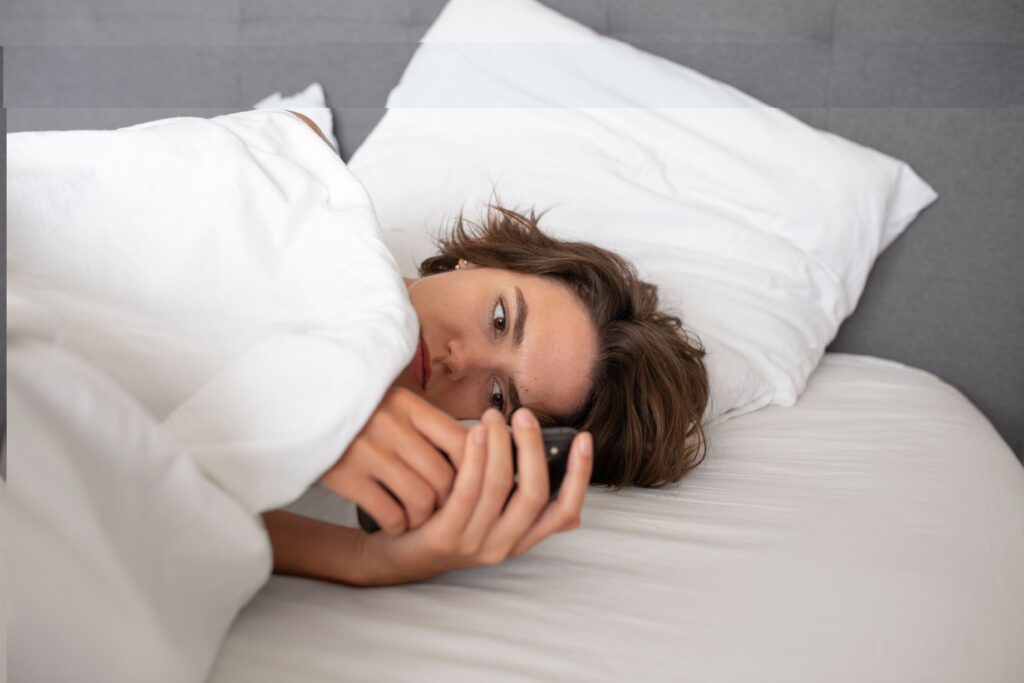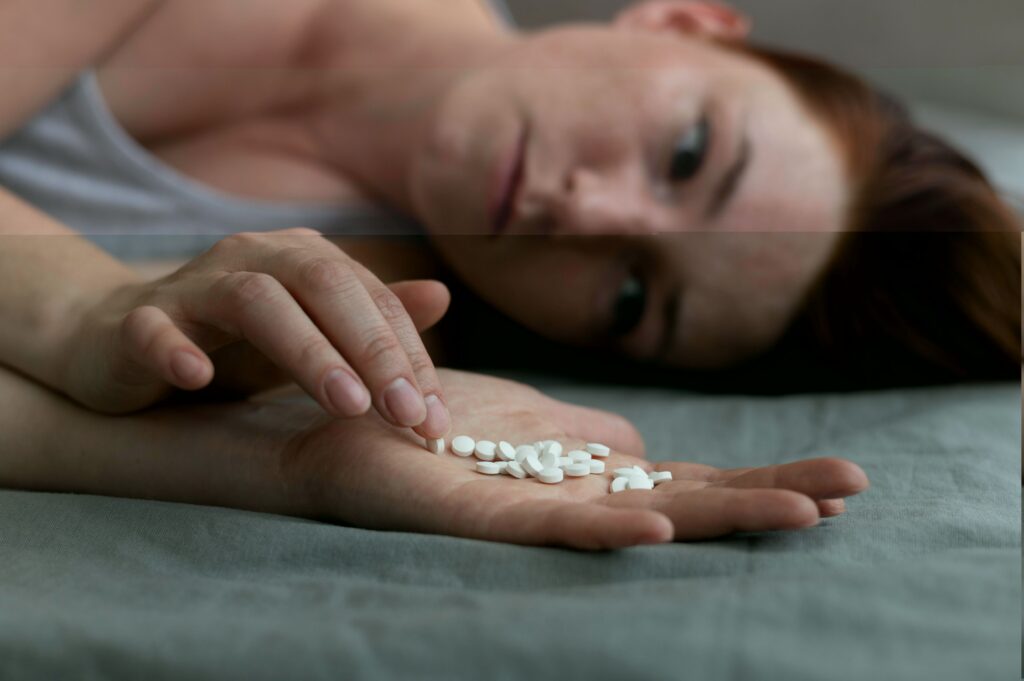
In recent years, the practice of microdosing has garnered significant attention, particularly in the context of mental health and cognitive enhancement. Microdosing, which involves taking sub-perceptual doses of substances like psilocybin (the active compound in magic mushrooms and truffles), is believed to offer a range of benefits without the intense psychedelic experiences typically associated with these substances. One of the emerging areas of interest is the potential impact of microdosing on sleep. While research is still in its infancy, there is growing anecdotal evidence and early scientific studies suggesting that microdosing may offer a variety of sleep-related benefits. In this blog, we’ll explore what microdosing is, how it might improve sleep, and what the current research suggests.
What is Microdosing?
Microdosing refers to the practice of consuming very small amounts of a psychedelic substance, usually about 1/10th to 1/20th of a recreational dose. The goal of microdosing is not to experience the hallucinogenic effects of the substance, but rather to harness its potential benefits in a subtle, non-disruptive way. Psilocybin, found in magic mushrooms and truffles, is one of the most popular substances for microdosing due to its well-documented effects on mood, cognition, and overall well-being.
How Microdosing Works
Psilocybin works by interacting with serotonin receptors in the brain, particularly the 5-HT2A receptor. Serotonin is a neurotransmitter that plays a key role in mood regulation, anxiety, and sleep. By influencing serotonin levels, psilocybin can potentially impact various aspects of mental health and cognitive function. When taken in microdoses, the effects are subtle and can accumulate over time, leading to gradual improvements in areas such as mood, focus, creativity, and sleep.

Microdosing and Sleep: What’s the Connection?
Sleep is a complex process influenced by a myriad of factors, including stress, anxiety, and overall mental health. Poor sleep can have a profound impact on quality of life, leading to issues such as impaired cognitive function, mood disorders, and even chronic health conditions. While traditional approaches to improving sleep, such as cognitive-behavioral therapy and medication, are effective for many, there is growing interest in alternative methods like microdosing.
1. Reduced Anxiety and Stress
One of the most commonly reported benefits of microdosing with psilocybin is a reduction in anxiety and stress. Chronic stress and anxiety are well-known contributors to sleep disturbances. By alleviating these conditions, microdosing may help individuals achieve a more relaxed state, making it easier to fall asleep and stay asleep. The calming effect of psilocybin, even in microdoses, might promote a sense of mental clarity and relaxation, which are crucial for good sleep hygiene.
2. Improved Sleep Quality
Some users report that microdosing has improved the overall quality of their sleep. This includes longer periods of deep sleep, fewer awakenings during the night, and a feeling of being more rested upon waking. While the exact mechanisms are not fully understood, it is possible that the serotonin-modulating effects of psilocybin help regulate sleep patterns, leading to more restorative sleep.
3. Enhanced Emotional Regulation
Psilocybin has been shown to have a positive impact on emotional regulation, helping individuals manage their emotions more effectively. Improved emotional regulation can lead to fewer sleep disruptions, as individuals are less likely to ruminate or experience heightened emotional responses during the night. This is particularly beneficial for those who suffer from insomnia related to anxiety or depression.
4. Potential for Lucid Dreaming
Interestingly, some individuals who microdose with psilocybin report an increase in lucid dreaming. Lucid dreaming is a state in which the dreamer is aware that they are dreaming and can sometimes control the dream’s content. While this is more of a fringe benefit, it could be of interest to those who enjoy exploring the depths of their subconscious mind during sleep.
5. Minimizing the Need for Sleep Aids
Traditional sleep aids, such as melatonin or prescription medications, often come with unwanted side effects or the potential for dependency. Microdosing offers a more natural alternative, potentially reducing the need for these aids. While it is not a direct replacement for all sleep aids, for some, it might offer a complementary approach that supports better sleep without the drawbacks associated with pharmaceuticals.
What Does the Research Say?
While the potential benefits of microdosing for sleep are promising, it’s important to note that the research in this area is still in its early stages. Most of the evidence comes from anecdotal reports and small-scale studies. Larger, controlled studies are needed to fully understand the impact of microdosing on sleep.
However, the existing research does suggest a strong link between psilocybin and improved mental health outcomes, which indirectly supports the idea that microdosing could benefit sleep. For example, a study published in the Journal of Psychopharmacology found that psilocybin had a significant antidepressant effect, which could, in turn, improve sleep quality in individuals suffering from depression.
Moreover, research on serotonin and sleep underscores the potential of serotonin-modulating substances, like psilocybin, to influence sleep patterns. As our understanding of the complex relationship between psychedelics and mental health deepens, it is likely that more attention will be paid to the impact of microdosing on sleep.
Conclusion: A Promising Frontier
Microdosing with psilocybin, whether through magic mushrooms or truffles, offers a fascinating and potentially transformative approach to improving sleep. While more research is needed to fully understand the mechanisms and long-term effects, early indications suggest that microdosing could be a valuable tool for those struggling with sleep issues related to anxiety, stress, or emotional dysregulation.
As with any new practice, it’s important for individuals to approach microdosing with caution, especially given the current legal status of psilocybin in many parts of the world. Consulting with a healthcare provider before starting any new treatment is always advisable. However, for those looking for a natural and holistic approach to enhancing sleep, microdosing may offer a promising new frontier.